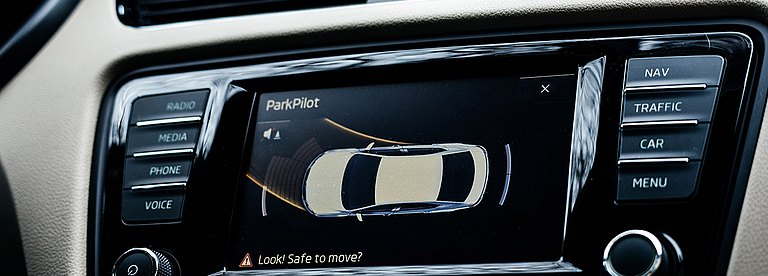Decision keyword:
Ultrasonic converter
Law applied:
Section 139 (2), section 140a (3) sentence 1 of German Patent Act (PatG)
Summary:
- If a manufacturer domiciled abroad has delivered products to a customer also domiciled abroad, although there are concrete indications that the customer will offer or market the delivered goods in Germany despite patent protection existing there, claims for injunctive relief, disclosure and damages in relation to other customers exist only to the extent that the same characteristic circumstances exist in relation to them that justify the unlawfulness of the delivery to one customer.
- These circumstances must be specifically described in the statement of claim or in the statement of grounds as well as in a judgment granting the claim or its reasons (continuation of Federal Supreme Court (BGH), judgment of May 16, 2017 - X ZR 120/15, BGHZ 215, 89 para. 62 et seq. – Abdichtsystem).
Federal Supreme Court (BGH Judgment of June 8, 2021 - X ZR 47/19 –
Download Judgment (machine translation)
Comment C&F:
The "Ultrasonic Transducer"/”Ultraschallwandler” decision of the Federal Court of Justice/Bundesgerichtshof confirms the case law of the German lower courts, which takes appropriate account of the international interdependence of the supply chains of the global economic system by subjecting suppliers based abroad to the effects of patent protection in Germany if it is apparent to these suppliers that the products supplied in Germany ultimately infringe patents.
Specifically, a company domiciled abroad whose products are supplied to a customer also domiciled abroad and are ultimately placed on the market in Germany in violation of the patent is obliged to cease and desist, rendering account and pay damages if there are concrete indications for the company domiciled abroad that make patent infringing acts in Germany appear likely. Such indications may arise for a company domiciled abroad, for example, on the basis of an authorization request from the patent holder, from which the allegation can be inferred that the patent-infringing products were ultimately placed on the German market.
Header: ifeelstock_AdobeStock.com
Our commentary on the above judgment serves the purpose of making it easily accessible. Simplifications and incompleteness are due to this purpose. For a complete understanding, please refer to the original German version of the publication of the judgment.

